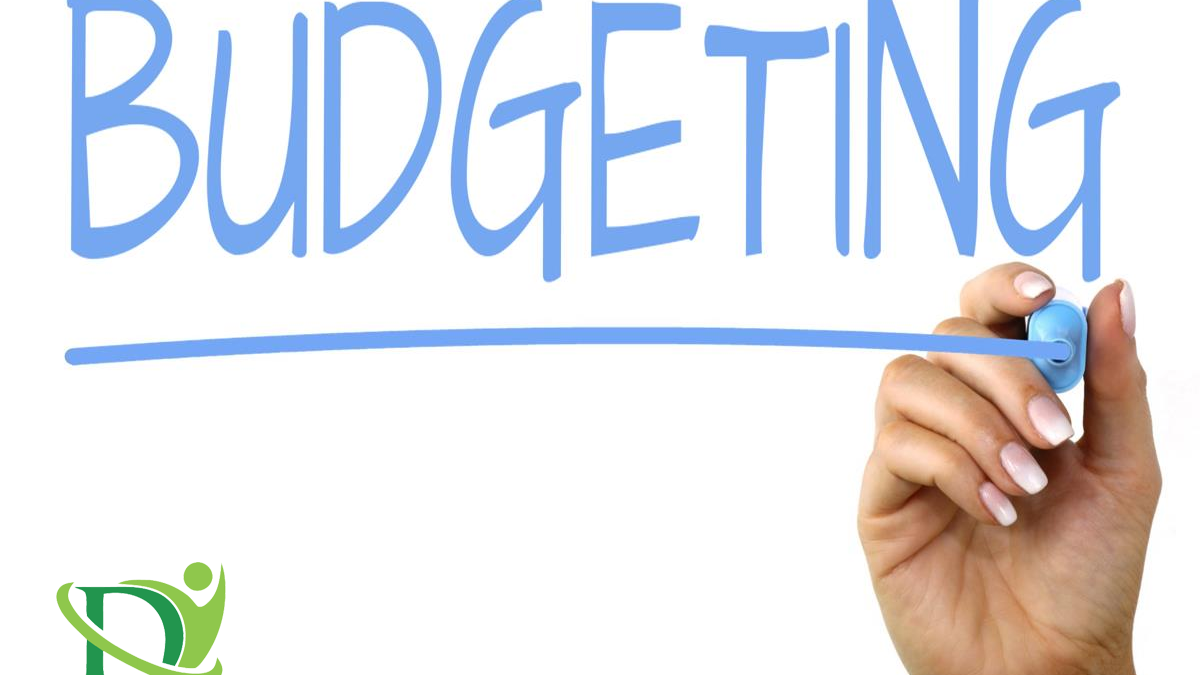
5 Small Money Moves That Make a Big Savings Impact
July 15, 2019
How To Solve Budgeting And Cash Flow Issues
July 30, 2019Getting paid once a month can be both a benefit and a challenge. It can make budgeting easier or harder, depending on how you manage your money. When you get your salary once a month, you can pay for all of your recurring expenses in one go.
This way, you no longer have to set aside money from each paycheck to cover recurring bills, such as a mortgage, rent, utility bills, loan payments, and other bills. All in all, it makes budgeting less complicated. This pay scheme also allows you to get a concrete idea of how much you can spend for the entire month.
However, it can be a challenge because once everything else is paid, it can be easy to spend all of the remaining money. You might end up falling short towards the end of the month, forcing you to resort to solutions such as unsecured payday loans or using your credit cards.
Getting paid once a month urges you to become more diligent in planning a strict budget and sticking to the plan. You need to be extra disciplined to make sure that you’ll survive through the rest of the month without having to rely on loans and falling into the debt trap. Check out these tips to help you budget better.
Pay Your Bills All at Once
When you’re paid once a month, it will be smarter to pay all of your bills all at the same time once you get your pay. Most companies allow setting up auto or direct debit to pay bills and monthly amortizations. Have your recurring monthly obligations set up for auto-debit to make sure that everything is paid. On the other hand, if you are paying your bills over the counter, paying everything at once will also save you time.
It is easier to set up auto-charge for payments that have a specific amount every month, such as mortgage and insurance premium payments. It might be a little trickier for bills that change, such as electricity. Different due dates also require you to ask the companies for adjustments. Fortunately, most companies will be happy to accommodate your request for change of due dates when you set up an auto-charge or direct debit payment system.
Treat Savings as Another Bill
Your savings should not come last. Once you get your pay, make sure that you also “pay” your savings as you take care of your essential bills. Transfer money to your other savings accounts immediately to make sure that you’ve already set aside money for your savings.
Go “Cash Only”
Now, with your remaining money, it will be better to switch to the “cash only” habit. Withdraw your money and do not use your debit card at all. Utilize the envelope system. Set aside specific amounts for every category. These categories may include groceries, medicine/supplements, gas (and parking), daily allowance, kids’ allowance, and leisure, among others. The envelope system prevents you from spending most or all of your money on just one category in the first week of the month.
Set Category Limits for Each Week
To make sure that the envelope system works, set expenditure limit for each of the categories every week. It will help to divide the budget for each category into four and make sure you stick to the limit. For instance, if your budget for groceries for the entire month is $1,000, try to do the groceries only once a week and make sure to only take with you $250.
DebtHelpers.ca provide personal debt relief solutions – get in touch today to see how we can help.

